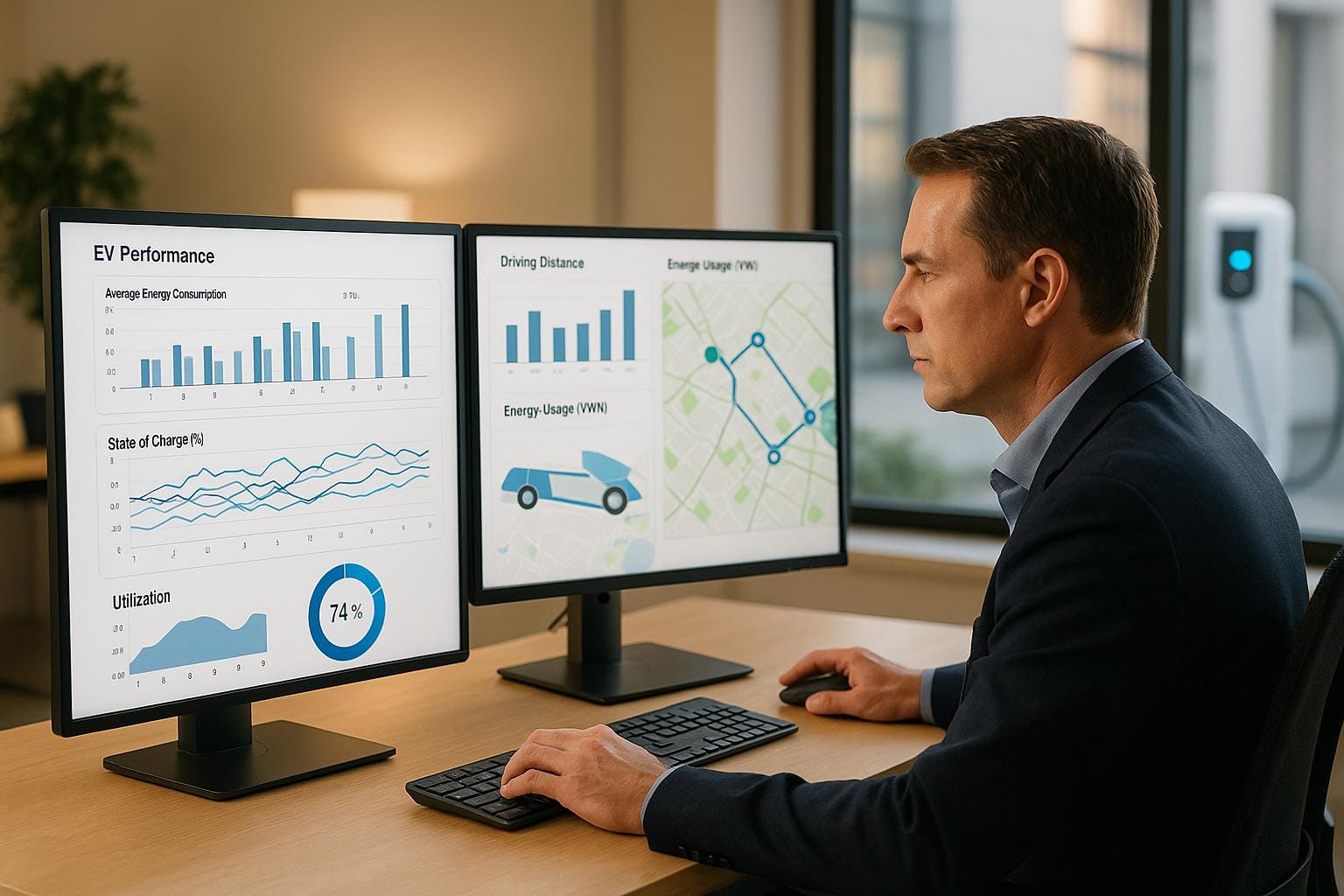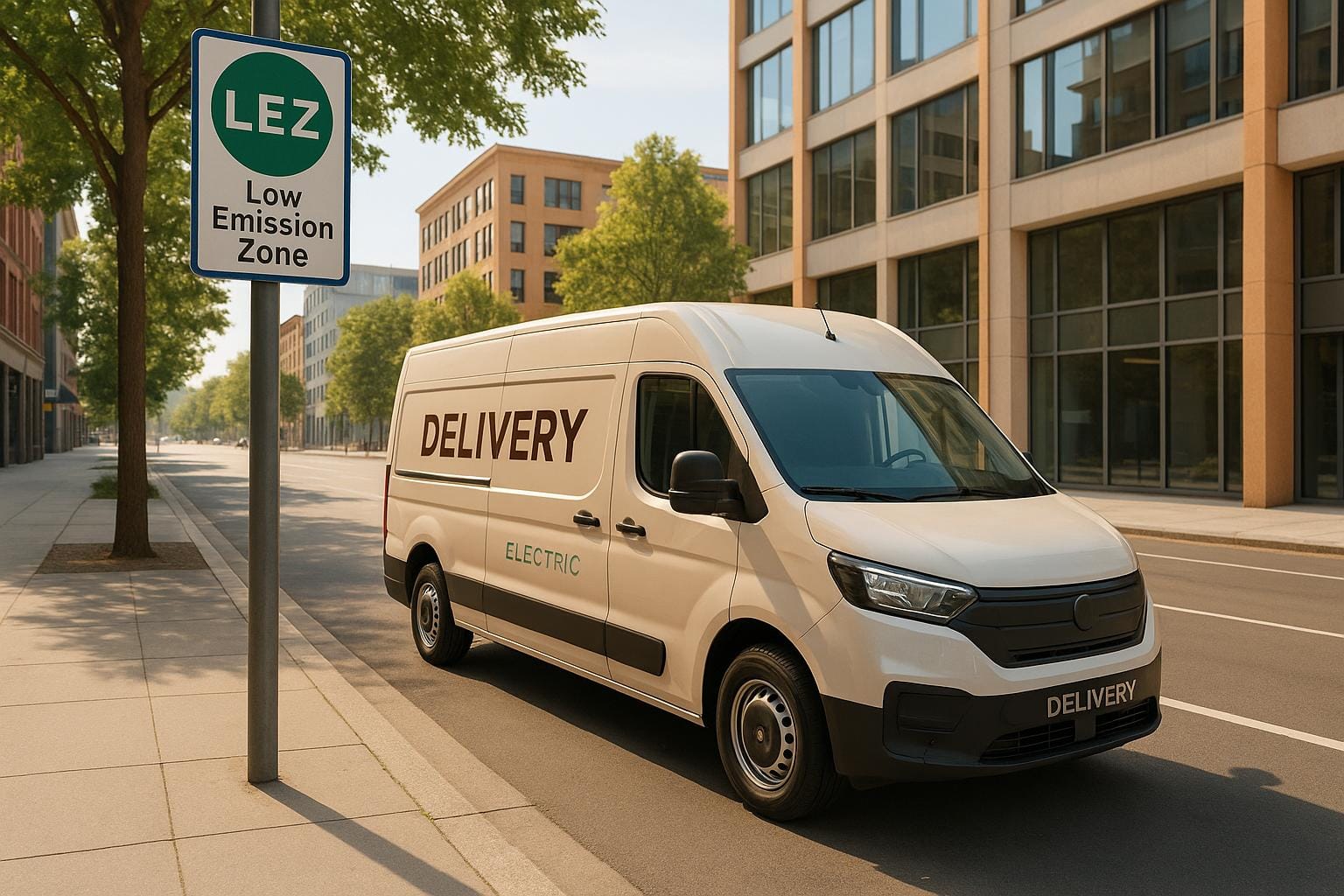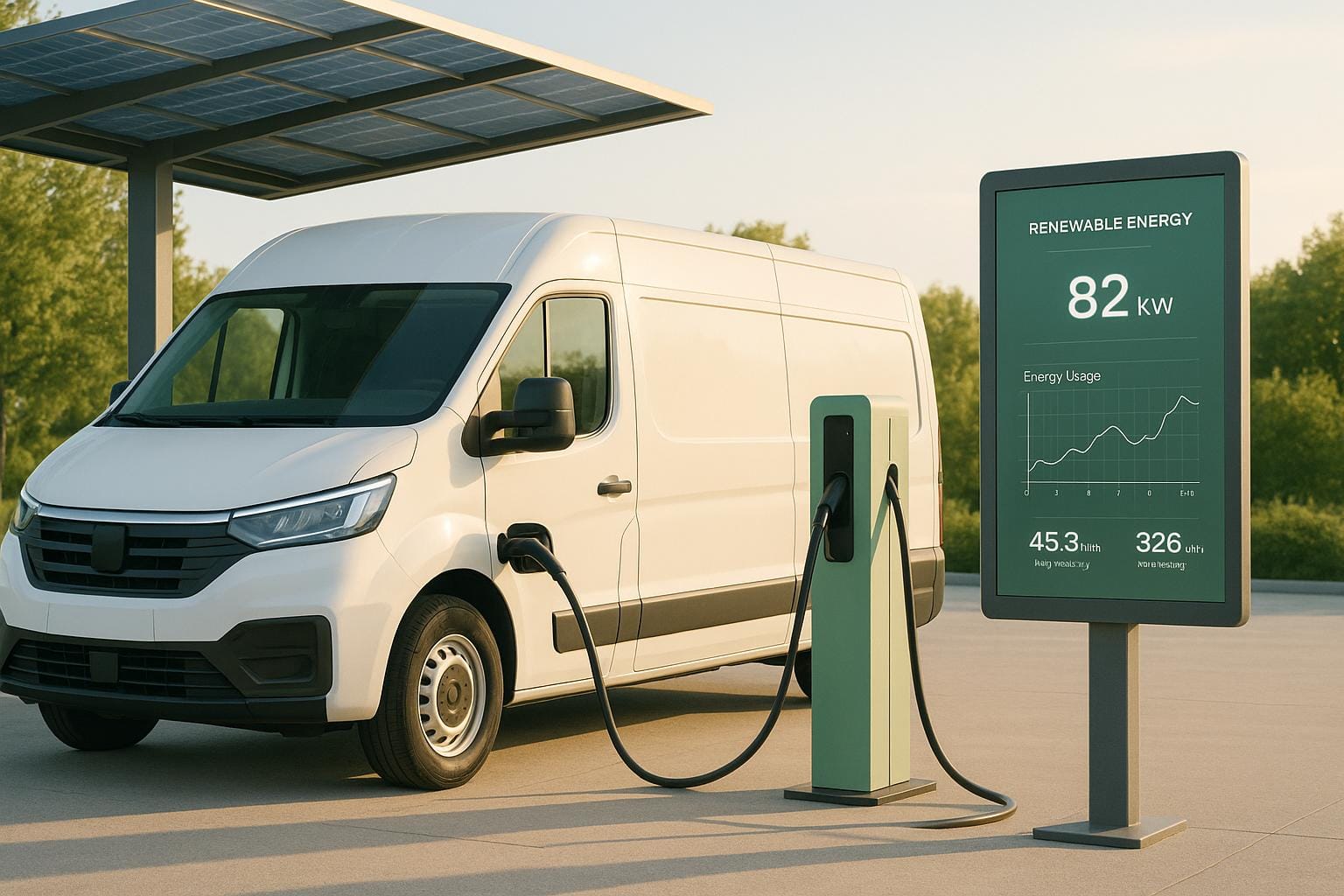Fleet management is undergoing a seismic shift. As organisations move towards sustainability, operational efficiency, and enhanced vehicle security, the role of data-driven technology and strategic planning has never been more critical. A recent discussion between Rob Horton of Smart Track and Mark Peatey of IPWA (Institute of Public Works Engineering Australasia) delved into the evolving landscape of fleet management, highlighting the transformative approach necessary for navigating challenges like EV transitions, government policies, and emerging technologies.
This article explores key themes from their discussion, offering actionable insights for fleet operators, logistics professionals, and decision-makers striving to future-proof their operations.
Understanding the Evolving Role of Fleet Managers
Historically, fleet management was a role often taken on by those with technical, hands-on experience with vehicles. As Mark Peatey explained, "In the late 80s, someone who knew about cars often became a fleet manager, and the profession remained male-dominated and technically focused for decades." However, the modern fleet manager must embody a broader skill set, including technological savviness, data analysis, and strategic thinking.
The demographic shift is palpable. Today’s fleet managers are increasingly diverse, with more women entering the profession and individuals from administrative or procurement backgrounds stepping into the role. This shift demands upskilling in areas like telematics and sustainability, with education and structured resources playing a key role. Training programmes, such as IPWA's fleet management certificate, are critical in equipping fleet managers with the tools to elevate their strategic capabilities and confidently engage in conversations with senior management.
The Challenge of Electric Vehicle (EV) Transition
Transitioning to electric vehicles (EVs) is a hot topic in fleet management, and rightly so. Governments across Australia and New Zealand are implementing aggressive emissions reduction targets, but the path to EV adoption is far from straightforward. Rob Horton highlighted the complexity of this transition:
"In traditional fleet operations, replacing an internal combustion engine (ICE) vehicle was a straightforward like-for-like swap. But with EVs, the procurement process involves finance, sustainability teams, legal departments, and even marketing. It’s no longer just a vehicle decision - it’s an organisational one."
Factors like vehicle cost parity, infrastructure readiness, and government policies impact the pace of EV adoption. For example, while some fleets in New Zealand have achieved up to 70% EV penetration, Australia lags behind in terms of fit-for-purpose EV options, especially for utility vehicles.
A critical takeaway from the discussion is that data is indispensable for a successful EV transition. Telematics solutions provide granular insights into fleet usage, enabling operators to determine fit-for-purpose EVs and plan charging requirements.
Key Barriers: Budget, Infrastructure, and Policy
Government policies and financial incentives significantly influence the adoption of EVs. However, political instability and shifting priorities often create uncertainty. Mark Peatey noted the cyclical nature of support: "New Zealand initially led with aggressive EV policies but has recently scaled back. Meanwhile, Australia’s states, such as New South Wales, are planning ambitious mandates for EV purchases in the coming fiscal periods."
Infrastructure presents another key challenge. The placement, reliability, and maintenance of charging stations are critical to EV adoption. As highlighted, unreliable or inaccessible charging points create friction and discourage adoption. Tasmania has emerged as a leader in strategically placing and maintaining charging infrastructure, demonstrating the importance of reliability in encouraging EV uptake.
The Power of Data in Fleet Optimisation
One recurring theme in the discussion was the transformative power of data. Without telematics and real-time vehicle tracking, organisations are effectively navigating blindfolded. Telematics enables fleet managers to:
- Measure vehicle utilisation patterns
- Identify underperforming or underused assets
- Plan EV charging infrastructure
- Enhance driver behaviour and safety
- Minimise emissions and fuel costs
Rob Horton emphasised, "Fleet managers need high-quality data to engage executives and make informed decisions. Simply saying, ‘Trust me, I’m a fleet manager,’ is no longer enough."
Moving Towards Pool Fleets
Another trend gaining traction is the shift from assigned vehicles to pool fleets. Pool fleets offer significant benefits, including increased utilisation, reduced costs, and streamlined operations. To overcome the logistical challenges of managing shared vehicles, integrated systems combining telematics, booking platforms, and electronic key cabinets are proving invaluable.
However, in regional areas, assigned vehicles often double as recruitment perks. Organisations must carefully weigh the benefits of shared fleets against local socioeconomic factors and employee preferences.
AI and Automation: The Next Frontier
Artificial intelligence (AI) is rapidly becoming a buzzword in fleet management, but its practical applications hold immense potential. From automating routine tasks like vehicle servicing reminders to analysing utilisation data, AI can free up fleet managers for higher-value strategic work.
Interestingly, Mark Peatey suggested a simple yet effective way to leverage AI: "Fleet managers could record key updates verbally, input them into tools like ChatGPT, and instantly generate monthly reports. This reduces manual effort while providing valuable insights for senior management."
Building a Culture of Safety
Safety remains a cornerstone of effective fleet management. Pre-start vehicle checks, while mandatory for heavy vehicles, are often overlooked for light passenger vehicles in shared fleets. As Mark noted, "Pool cars are used by multiple drivers, so a quick pre-start check ensures safety and accountability. Yet, many organisations lack visibility into whether these checks are completed consistently."
Integrating pre-start processes into telematics systems can help organisations monitor compliance and reduce risks.
Learning from Failures: A Proactive Approach
The discussion emphasised that mistakes are inevitable during periods of change, particularly when adopting new technology or transitioning to EVs. However, the ability to learn, adapt, and improve is paramount. As Horton stated, "It’s not about the mistake itself but the reaction to it. Proactive fleet managers use their learnings to build a stronger case for future decisions."
Conclusion
The future of fleet management lies in combining strategic planning, technological integration, and a focus on sustainability. Fleet managers who embrace the power of data and adopt a proactive, adaptive mindset will be well-positioned to navigate the challenges ahead.
With governments, organisations, and communities moving towards greener, more efficient operations, fleet professionals have a unique opportunity to drive meaningful change - both literally and figuratively.
Key Takeaways
- The Role of Fleet Managers is Transforming: Modern fleet managers require skills in data analysis, sustainability planning, and technology adoption.
- Data is King: Telematics systems are essential for understanding vehicle usage, planning EV transitions, and optimising fleet performance.
- EV Transition is Complex: EV adoption requires organisational buy-in, careful planning, and fit-for-purpose analysis.
- Government Policy and Infrastructure Matter: Political stability and reliable charging infrastructure are crucial to driving EV adoption.
- Pool Fleets Increase Efficiency: Shared vehicles, supported by integrated booking and key management systems, can optimise fleet size and utilisation.
- AI is a Game-Changer: Automation and AI can reduce repetitive tasks, enabling fleet managers to focus on strategy and decision-making.
- Safety is Non-Negotiable: Pre-start safety checks should extend to pool vehicles to ensure accountability and reduce risks.
- Learn from Mistakes: Transitioning to new systems or vehicles isn’t always smooth, but setbacks provide valuable learning opportunities.
- Strategic Planning is Essential: Develop long-term asset management plans that align with organisational goals and sustainability targets.
Fleet management isn’t just about vehicles - it’s about people, data, and strategy. By embracing these pillars, organisations can achieve smarter, safer, and more sustainable fleet operations.
Source: "How Modern Fleet Management is Adapting: In Conversation with Marc Sibbald" - Smartrak, YouTube, Sep 3, 2025 - https://www.youtube.com/watch?v=jlhjkWOc4rY
Use: Embedded for reference. Brief quotes used for commentary/review.




